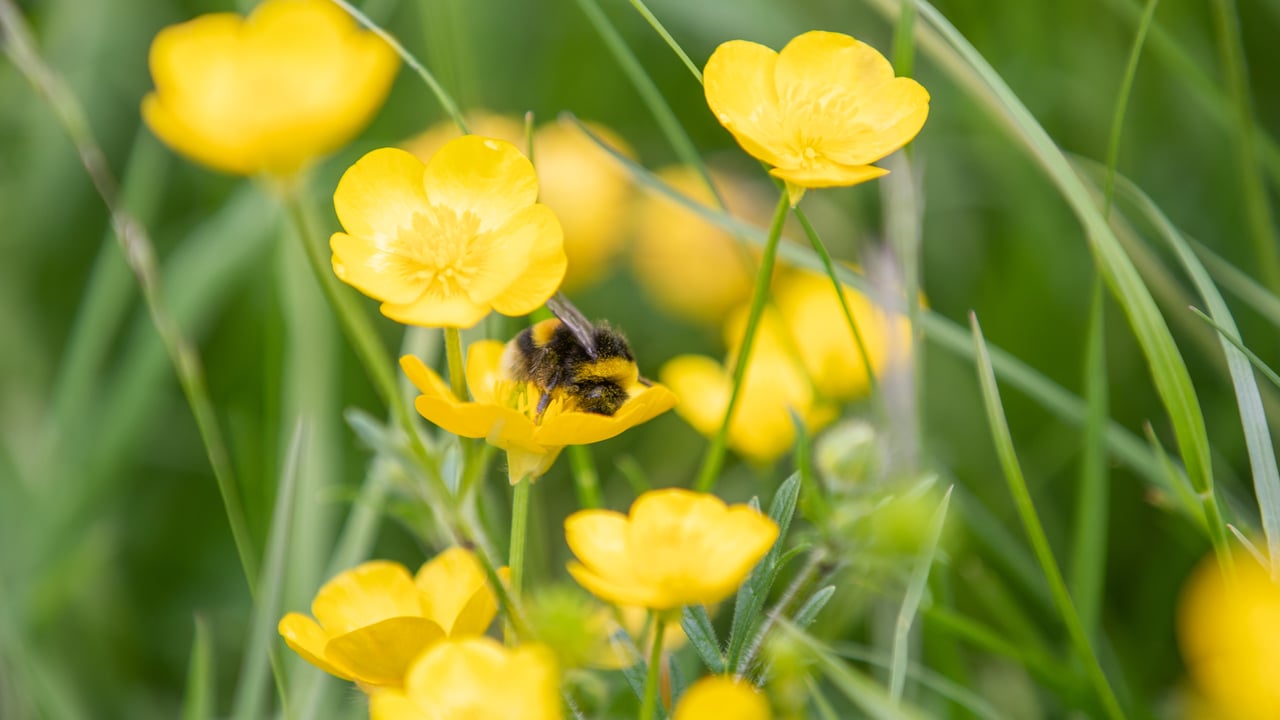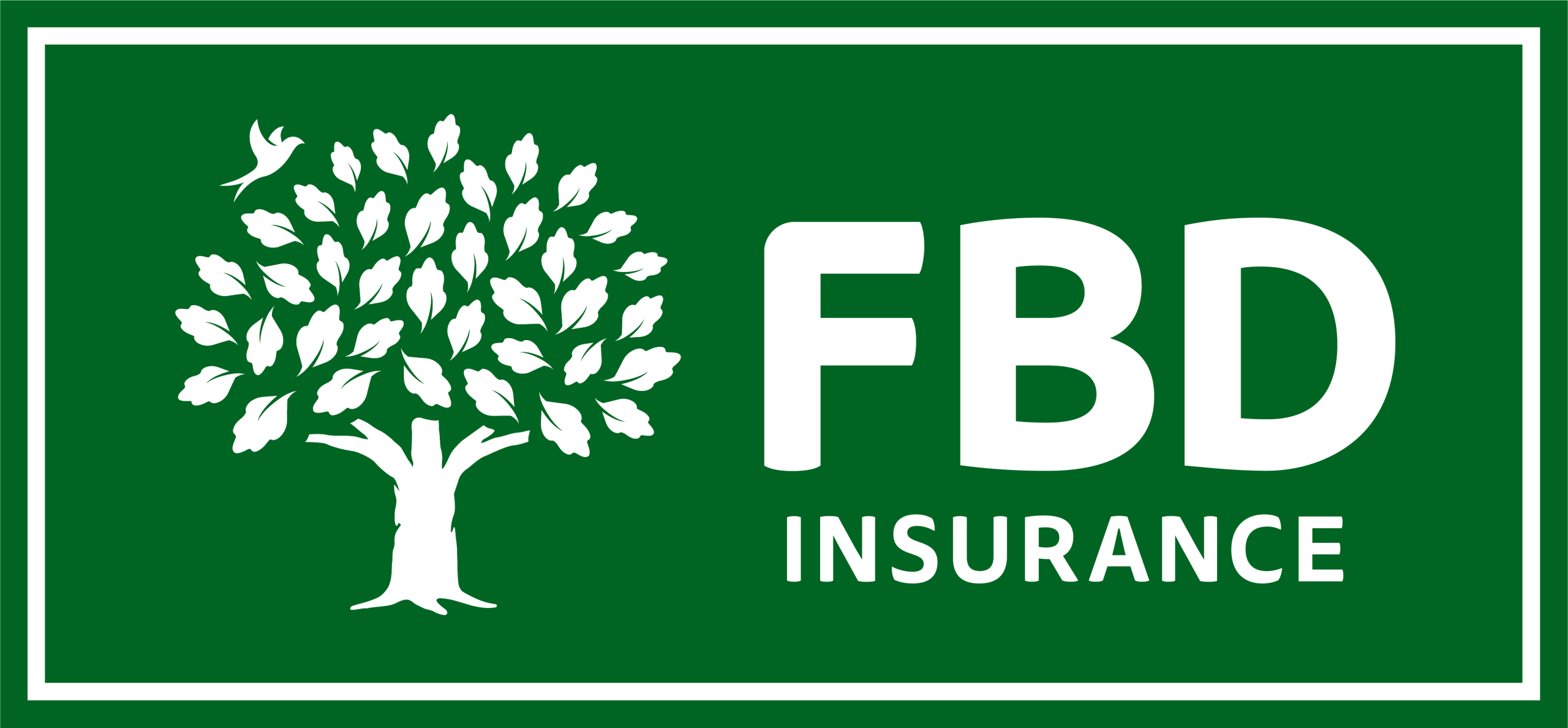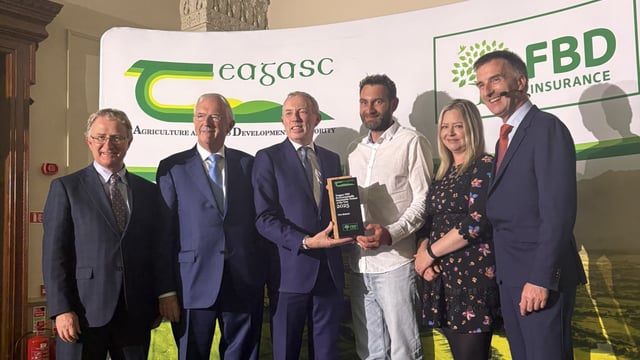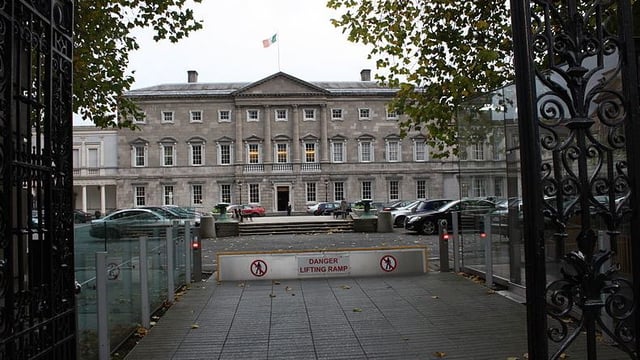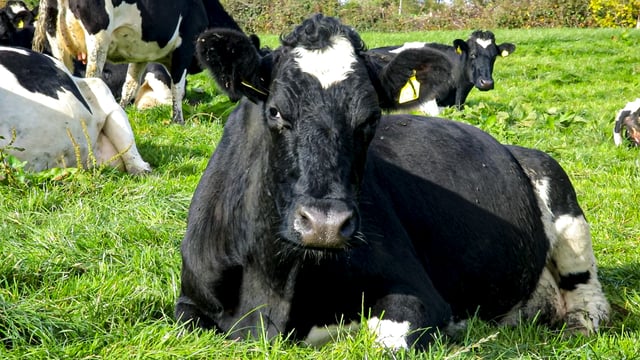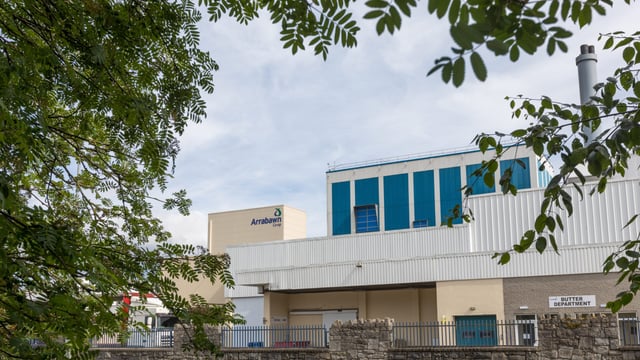Gardeners and farmers urged to consider 'whether they need to use pesticides at all'
Fianna Fáil Senator Eugene Murphy has urged gardeners, farmers and groundskeepers to consider the environment and whether the use of pesticides is necessary.
There were 81 pesticide exceedances in public drinking water supplies in Ireland in 2020, an increase of five from 2019.
These exceedances were detected as part of Irish Water’s public water supply monitoring programme.
As a representative for the Roscommon-Galway constituency, senator Murphy has shown concern in particular for the “nine exceedances [of] pesticides MCPA, glyphosate and 2,4-D detected in the public drinking water supplies in Ballinasloe and Tully-Tullycross in 2019 and 2020”.
Vulnerability of water supplies
“The Ballinasloe water supply abstracts raw water from the River Suck and the Tully-Tullycross drinking water supply is abstracted from the River Tully, both of which are vulnerable to run-off from land,” the senator said.
“I am asking farmers, greenskeepers, groundskeepers and domestic users to consider whether they need to use pesticides at all.
We really need to consider the vulnerability of the water supplies to pesticide contamination and the importance of these supplies to the local homes and businesses in the community.
“It is important to point out that the levels do not represent a threat to public health but they are undesirable, and it is really important that anyone using pesticides is mindful of best practice and considers the importance of protecting our water quality.”
Drinking water is generally safely managed but gaps remain in wastewater treatment
The Central Statistics Office (CSO) has today (March 18, 2021) published ‘Ireland’s UN SDGs 2019 – Report on Indicators for Goal 6 Clean Water and Sanitation’.
This report is the sixth in a series of CSO publications which will monitor how Ireland is progressing towards meeting its targets under the 17 UN Sustainable Development Goals (SDGs).
The main points outlined in today’s report are:
Kevin McCormack, CSO senior statistician, stated that the main problem damaging Irish waters is “the presence of too many nutrients, such as phosphorus and nitrogen, which come primarily from agriculture and wastewater”.

